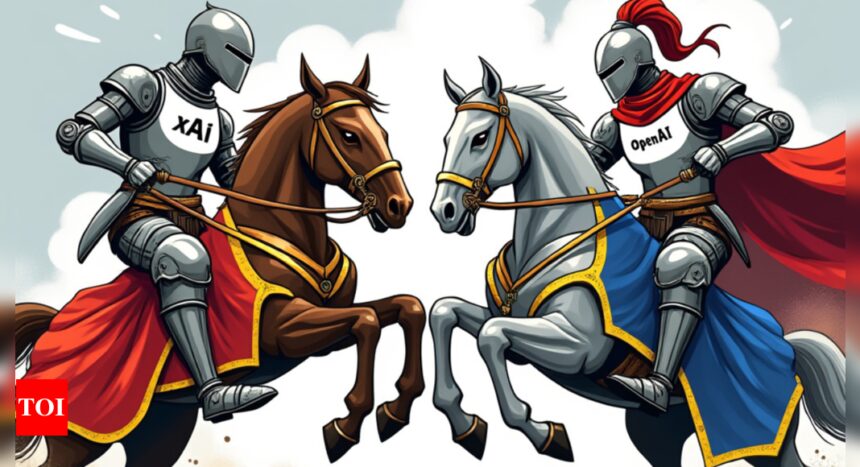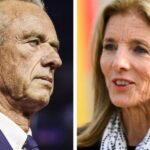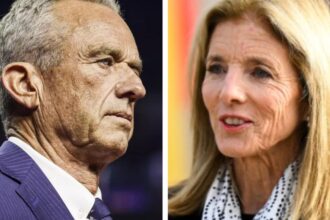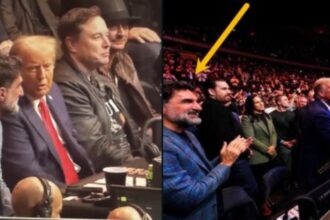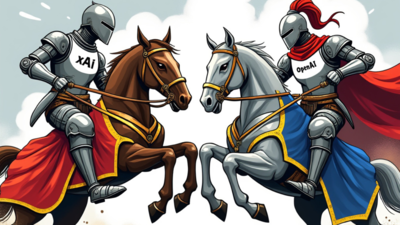
In the epic drama of Silicon Valley, few rivalries are as gripping as the one between Sam Altman and Elon Musk. These aren’t just tech bros duking it out over who’s got the better electric car or sleeker app. No, this is a fight about the future of the planet, the fate of humanity, and, let’s be honest, a healthy dose of ego. Altman, the mastermind behind OpenAI, and Musk, the restless genius who seems to have a finger in every tech pie, were once on the same team. But today? Their differences could power a dozen Netflix docuseries.
This isn’t just a spat; it’s a philosophical war over artificial intelligence, safety, ethics, and whether humans can—or should—play God.
A Promising Bromance Goes Bust
Flashback to 2015. Sam Altman, fresh off his Y Combinator successes, and Elon Musk, already a global tech demigod, came together to launch OpenAI. It was a big idea: build artificial general intelligence (AGI) and make sure it didn’t turn into Skynet. OpenAI was supposed to be open, transparent, and committed to benefiting all of humanity. Musk, ever the prophet of doom, often compared AI to summoning a demon. Altman, less dramatic but equally ambitious, saw OpenAI as the antidote to unchecked corporate control of AI.
For a while, the partnership worked. OpenAI churned out research and made headlines. Musk and Altman were the poster boys of responsible tech innovation. But like all great partnerships—Steve and Woz, Lennon and McCartney, Messi and Neymar—it didn’t last. By 2018, Musk left OpenAI’s board, citing conflicts of interest with Tesla’s AI projects. The real reason? The cracks in their bromance were already showing.
Musk reportedly thought OpenAI wasn’t moving fast enough. He wanted to dominate the AI game, while Altman was more focused on collaborative research. Musk’s need for speed and control didn’t sit well with OpenAI’s collective approach.
The Great Betrayal: OpenAI Goes Corporate
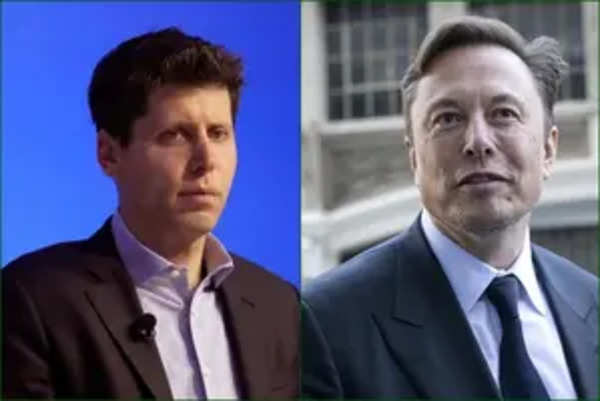
San Francisco, Nov 16 (IANS) An amended lawsuit, filed by Tesla and SpaceX CEO Elon Musk in the US against Sam Altman-run OpenAI for abandoning its non-profit stance, has revealed some interesting email exchanges between them.
The final blow to Musk’s faith in OpenAI came in 2019, when it shifted from a non-profit to a “capped-profit” model. The change allowed OpenAI to attract massive funding—including $1 billion from Microsoft—but it also raised eyebrows. Musk wasn’t just displeased; he was furious.
In classic Musk style, he didn’t mince words.
“OpenAI was meant to be a non-profit, open-source organisation,” Musk tweeted. “Now it’s a closed-source, for-profit entity effectively controlled by Microsoft.”
For Musk, this wasn’t just a betrayal of OpenAI’s founding principles; it was a sign that Altman had sold out. OpenAI, Musk argued, had become the very thing it was created to fight—a corporate machine in the AI arms race.
Altman, for his part, defended the pivot.
“Building AGI safely requires resources—massive resources,” Altman said. “The capped-profit model lets us attract funding while staying true to our mission.”
But Musk wasn’t buying it. And thus began one of the most public and philosophical tech feuds of the century.
Musk Strikes Back: Enter xAI
If there’s one thing Musk doesn’t do, it’s sulk in a corner. In 2023, he launched xAI, his own AI venture. Its mission? To “understand the universe.” Translation: to build an AGI system aligned with Musk’s vision of truth, safety, and, of course, Musk himself.
“xAI will focus on truth-seeking and creating an AGI that’s aligned with humanity’s values,” Musk declared. “Someone has to step in and fix what OpenAI is getting wrong.”
xAI was Musk’s not-so-subtle way of saying, “Move over, Altman, I’ve got this.” While Altman was busy rolling out ChatGPT and cozying up with Microsoft, Musk painted xAI as the noble underdog—more ethical, less corporate, and 100% Elon.
Post Election Rumble
Musk has frequently criticised OpenAI for what he perceives as a left-wing political bias. However, this time, Altman seemed unwilling to let such claims go unanswered. The conflict reportedly began with a question comparing Trump and Harris as potential US President-elects. Altman shared screenshots of how the two chatbots responded to the prompt, which asked for a straightforward answer before explaining the reasoning.
According to the screenshots, ChatGPT maintained a neutral stance, while Musk’s GROK initially appeared to favour Harris before going on to compare the policies of both candidates.
Altman later suggested on social media that it was ironic which chatbot was being accused of left-wing bias. He also expressed pride in ChatGPT’s consistency as one of the least biased AI models in evaluations, highlighting the importance of neutrality as a default setting while allowing users the option to customise responses.
Following Altman’s post, a social media user accused him of manipulating the screenshots, claiming that the full response from GROK provided arguments for both candidates and deliberately avoided taking a side. The user alleged that Altman had cut off this part of the response, labelling his actions as misleading. Musk supported this claim.
Experts Weigh In: Divided Loyalties
This feud isn’t just a two-man show. The AI world is watching—and weighing in. Geoffrey Hinton, one of the “godfathers of AI,” had this to say: “AI is advancing faster than anyone anticipated. The Musk-Altman feud highlights the tension between progress and safety, but the real question is how we ensure global cooperation.”
Ilya Sutskever, OpenAI’s co-founder and Chief Scientist, came to Altman’s defense: “Elon has valid concerns—AGI is a powerful tool, and the risks are real. But Sam’s approach strikes the right balance between safety and progress. Slowing down isn’t the answer.”
Musk, of course, has his own fans, many of whom share his apocalyptic view of AI. They argue that Altman’s rapid deployment of tools like ChatGPT is reckless and could lead to unforeseen consequences. Altman’s camp, on the other hand, sees Musk as a control freak, more interested in centralising power than democratising AI.
The Philosophy Divide: Who Controls the Future?
At the heart of the Musk-Altman beef is a deep philosophical divide. Musk wants strict regulation and central oversight, arguing that AI is too dangerous to leave in the hands of unregulated actors. Altman believes progress and safety can coexist, and that democratising AI tools is the best way to prevent misuse.
Altman’s stance has drawn criticism, especially as OpenAI’s products become more influential. ChatGPT, for instance, is now integrated into everything from customer service to education. Critics argue that such widespread deployment, while impressive, could have unforeseen social consequences.
Musk, as always, plays the doomsayer. He’s warned repeatedly that unchecked AI development could end in disaster. And while his rhetoric can seem over-the-top, his concerns resonate with many.
“The risk of AGI going rogue is real,” Musk said. “We need guardrails, and we need them now.”
Altman, on the other hand, has dismissed the idea of hitting the brakes:
“Slowing down AI won’t make us safer—it will just let bad actors get ahead. The answer is to push forward responsibly.”
Why It Matters: More Than Just a Spat
At first glance, the Altman-Musk feud might seem like a billionaire soap opera, but the stakes are enormous. Whoever controls AGI doesn’t just control a piece of tech—they control the future of economies, warfare, healthcare, and even governance.
The feud also raises critical questions: Should AI be regulated like nuclear weapons? Should private companies hold this much power? And who gets to decide what “responsible” AI even looks like?
As Geoffrey Hinton put it: “These rivalries risk turning AI into a geopolitical competition rather than a collaborative effort. The stakes are too high for this to become a zero-sum game.”
Final Word: Frenemies Forever?
Will Altman and Musk ever bury the hatchet? Probably not. But maybe they don’t need to. Their rivalry, while messy, is forcing the world to grapple with hard questions about AI and its future.
As much as they clash, both Musk and Altman share one thing: a belief that AGI will redefine humanity. Whether it’s Altman’s open-access utopia or Musk’s tightly controlled fortress, one thing’s certain—their battle is shaping the future, and we’re all along for the ride.
So buckle up. The AI wars have just begun.


